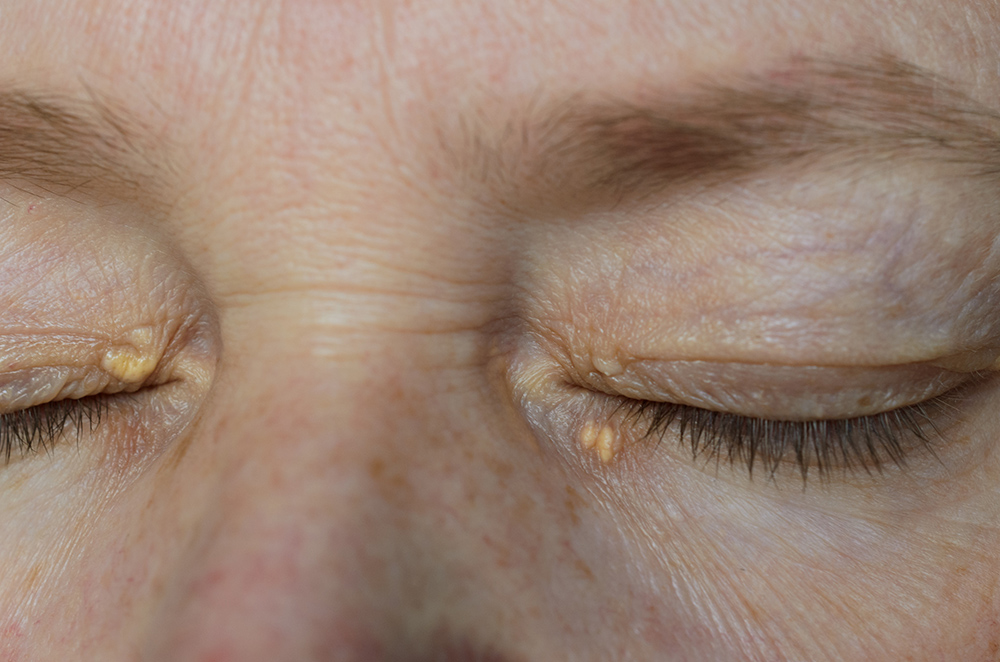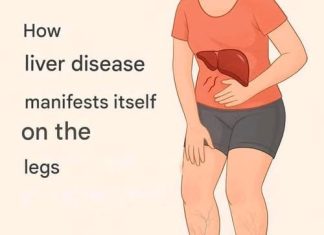In recent years, unconventional diets have gained significant attention, with the carnivore diet standing out due to its extreme nature. This diet focuses exclusively on animal products, eliminating plant-based foods entirely. One of the most notable proponents of this diet is Bella, known online as “SteakandButterGal,” who claims that consuming substantial amounts of butter daily has led to remarkable health improvements. Her experiences have sparked both interest and skepticism within the health and nutrition communities.
Bella’s Transition from Veganism to Carnivorism
Bella’s journey into the carnivore lifestyle began after six years of adhering to a vegan diet. During her vegan years, she encountered several health challenges, including hormonal imbalances, skin issues like eczema and psoriasis, and fluctuating energy levels. Seeking solutions, she decided to transition to a diet centered solely on animal products. This significant dietary shift was motivated by her desire to address persistent health concerns that remained unresolved despite her previous dietary choices.
The Role of Butter in Bella’s Diet
A distinctive aspect of Bella’s carnivore diet is her daily consumption of butter. She frequently shares videos on her YouTube channel where she consumes entire sticks of butter, emphasizing its role as a staple in her meals. Bella asserts that this practice has been a consistent part of her routine for five years, contributing positively to her overall well-being. She reports experiencing increased energy, improved mental clarity, and enhanced skin health, which she attributes to her high intake of animal fats, particularly butter.

Bloodwork Results and Health Claims
Addressing concerns about potential negative health impacts, Bella has publicly shared her bloodwork results. She highlights an increase in her HDL (high-density lipoprotein) cholesterol to 98 mg/dL and a decrease in triglycerides to 15 mg/dL. Bella interprets these figures as indicators of improved cardiovascular health. She references medical professionals who suggest that the ratio of triglycerides to HDL is a more critical marker for heart disease risk than LDL (low-density lipoprotein) cholesterol levels alone. According to Bella, her ratio is well within the optimal range, reinforcing her belief in the health benefits of her diet.
Medical Community’s Perspective on the Carnivore Diet
Despite Bella’s personal testimonials, the broader medical community remains cautious about the carnivore diet. Health experts express concerns about the long-term implications of consuming a diet exclusively composed of animal products. Dr. Howard E. Lewine, Chief Medical Editor at Harvard Health Publishing, notes that such diets are high in saturated fats, which can elevate LDL cholesterol levels, potentially increasing the risk of cardiovascular diseases. Additionally, the absence of plant-based foods raises concerns about nutrient deficiencies and associated health issues, such as an increased risk of kidney stones, gout, and osteoporosis.
Contrasting Experiences and Health Outcomes
While Bella reports positive health outcomes, other individuals have experienced adverse effects from similar dietary patterns. For instance, a man in his 40s developed yellow growths on his hands, feet, and elbows after adhering to a carnivore diet rich in meat, butter, and cheese for eight months. Medical evaluations revealed extremely high cholesterol levels exceeding 1,000 mg/dL, leading to the development of xanthelasma—yellow skin deposits associated with elevated cholesterol. This case underscores the potential risks of high-fat, animal-based diets and highlights the variability in individual responses.

The Importance of Personalized Nutrition
Bella’s experience illustrates that dietary impacts can vary significantly among individuals. While she reports health improvements, others may encounter negative outcomes. This variability emphasizes the importance of personalized nutrition and the need for individuals to consult healthcare professionals before making drastic dietary changes. Factors such as genetics, pre-existing health conditions, and lifestyle play crucial roles in determining the suitability and safety of specific diets.
Conclusion
The carnivore diet, as exemplified by Bella’s experience, presents an intriguing yet controversial approach to nutrition. Her claims of improved health markers and well-being challenge conventional dietary guidelines, prompting discussions about the role of animal products in human health. However, medical experts urge caution, highlighting potential risks associated with such restrictive diets. As with any significant dietary change, it is essential for individuals to seek professional medical advice and consider their unique health circumstances to make informed decisions about their nutrition and overall well-being.

















